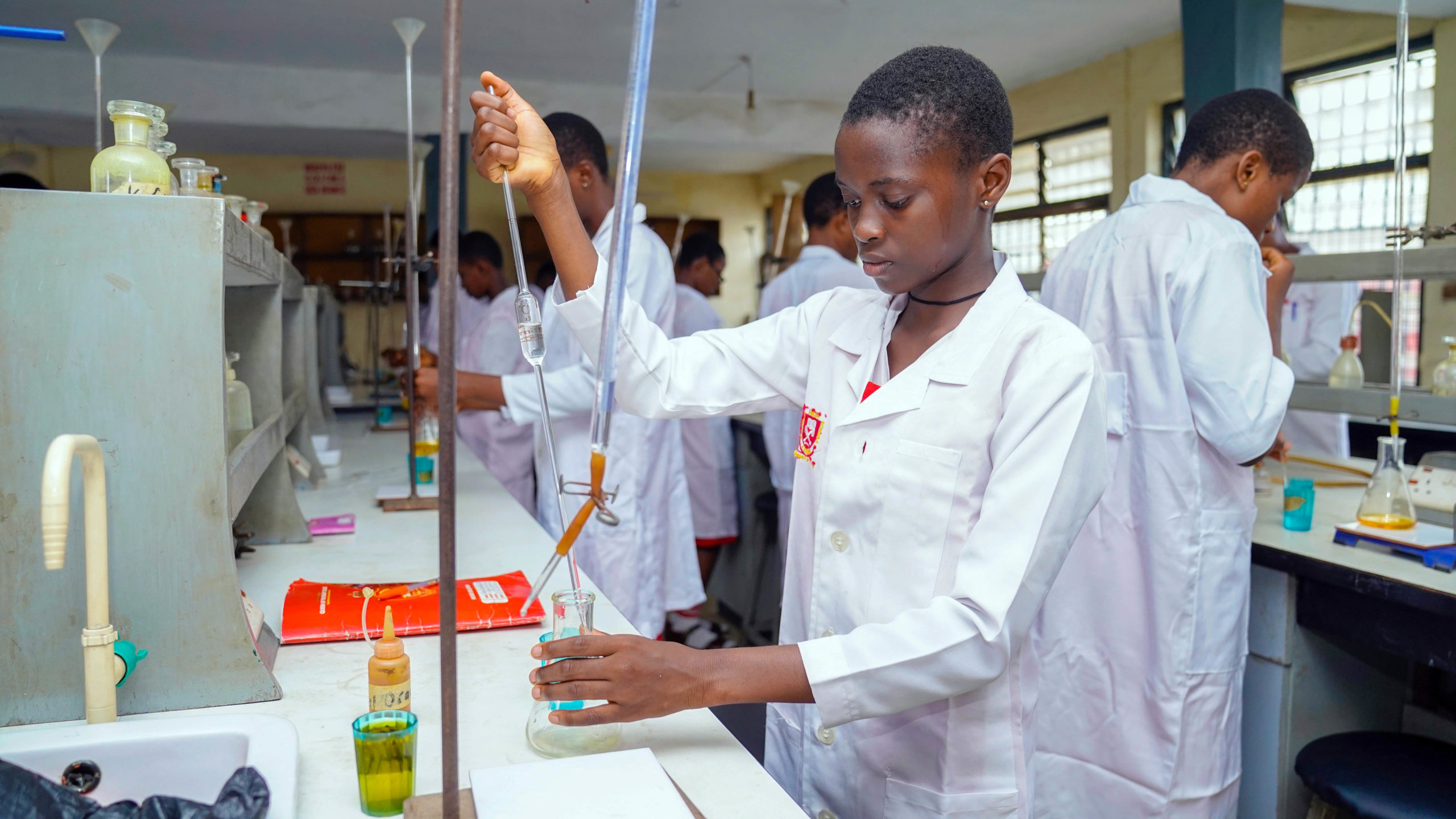Addressing Global Knowledge Inequity in International Education: Introducing the IIENetwork-NORRAG collaboration
Knowledge from the Global South is vastly under-represented in research and debates on education and development. NORRAG’s initiative #TheSouthAlsoKnows aims to contribute to reversing the North-to-South flow of expertise and decision making. The IIENetwork and NORRAG have created a collaboration to share resources and knowledge, as part of our mutual commitment to building more equitable practices that enrich and expand international education, exchange, and opportunity for all. This blog was initially prepared for the IIE Opening Minds blog.
In March 2022, NORRAG launched #TheSouthAlsoKnows to contribute to reversing the North-to-South flow of expertise and decision making about international education systems and policies. The initiative aims to create a megaphone to amplify under-represented expert knowledge. NORRAG works with partners and our regional network coordinators to develop long-term changes that can support improved access to the work of scholars and experts from South America to Asia and the Pacific, from Africa to eastern Europe.
NORRAG created #TheSouthAlsoKnows initiative in light of studies showing that most development and policy research in the South is conducted by Northern researchers. South-North research collaborations frequently have imbalanced relationships, with many perpetuating the colonial practice of raw materials (data) collected in the South being sent North for value-added processing or manufacturing (analysis and writing). In the Global North, knowledge made in Northern contexts is erroneously believed to meet the needs of policy and practice in the South. This has complex implications globally. One example: researchers from Africa are under-represented both in development-oriented publications focusing on Africa, as well as in policy debates shaping development studies and policy across the continent. Pushing against these trends, of course, is a wealth of work on education and development by African experts. These realities raise fundamental questions about the knowledge that informs our education systems. Whose knowledge is being shared and used? How and where was it produced? And whose perspectives might it reflect?
To date, #TheSouthAlsoKnows has provided a network for education experts from the Global South to connect with each other. This network exists alongside a searchable database for decision makers and others seeking expertise from and on the Global South. It is also a campaign, reaching across our network, through which we aim to work with others to address the under-representation of Global South experts in policy discussions. Working in partnership is critical not only to help foster collective reflection and change, but also because we know that the ‘Global South’ as a critical concept encompasses huge historical and contemporary diversity. ‘Experts from the South’, too, references a multitude of possible perspectives, experiences, and forms of knowledge and expertise.
Our reasons for surfacing and amplifying experts from the South are threefold.
- Justice: experts from the Global South continue to be marginalized due to historic and contemporary injustices; making space in article citations, on university syllabi and in decision making processes is one way of addressing that.
- Knowledge: the content and lessons from locally produced and context-sensitive research and evidence may be different to that produced in the North, and relevant to needs in both the South and North.
- Example: if others experience the value of Southern experts through NORRAG’s work and partnerships, they can further amplify these experts’ work and research, and change their own practices to include voices from the South.
#TheSouthAlsoKnows aims to create a more inclusive, participatory, and diverse world in education – in which global knowledge and expertise defines a more just future. We also hope it will serve as an example of work to establish a more equitable and collaborative approach in international education, one that takes its lead from Southern experts, and helps to ensure that their knowledge travels. At NORRAG, the initiative builds on our principle of promoting knowledge equity, and will help us to continue to deliver on our original promise to surface and amplify voices from the Global South.
NORRAG and IIE share a common vision of building a more equitable and interconnected world through international education. We know education can be transformative and want education systems to serve students and scholars globally.
About the author
About the IIENetwork
The IIENetwork is IIE’s global membership association supporting the strategic advancement of international education. Through the IIENetwork, we share our extensive knowledge and decades of experience with others who are working to strategize and actualize international education efforts, including building international and academic partnerships, recruiting international students, and advocating for study abroad and student mobility.
The IIENetwork is pleased to introduce our collaboration with NORRAG, as part of our commitment to building more equitable practices that enrich and expand international education, exchange, and opportunity for all.

